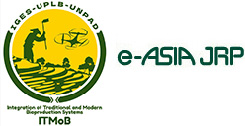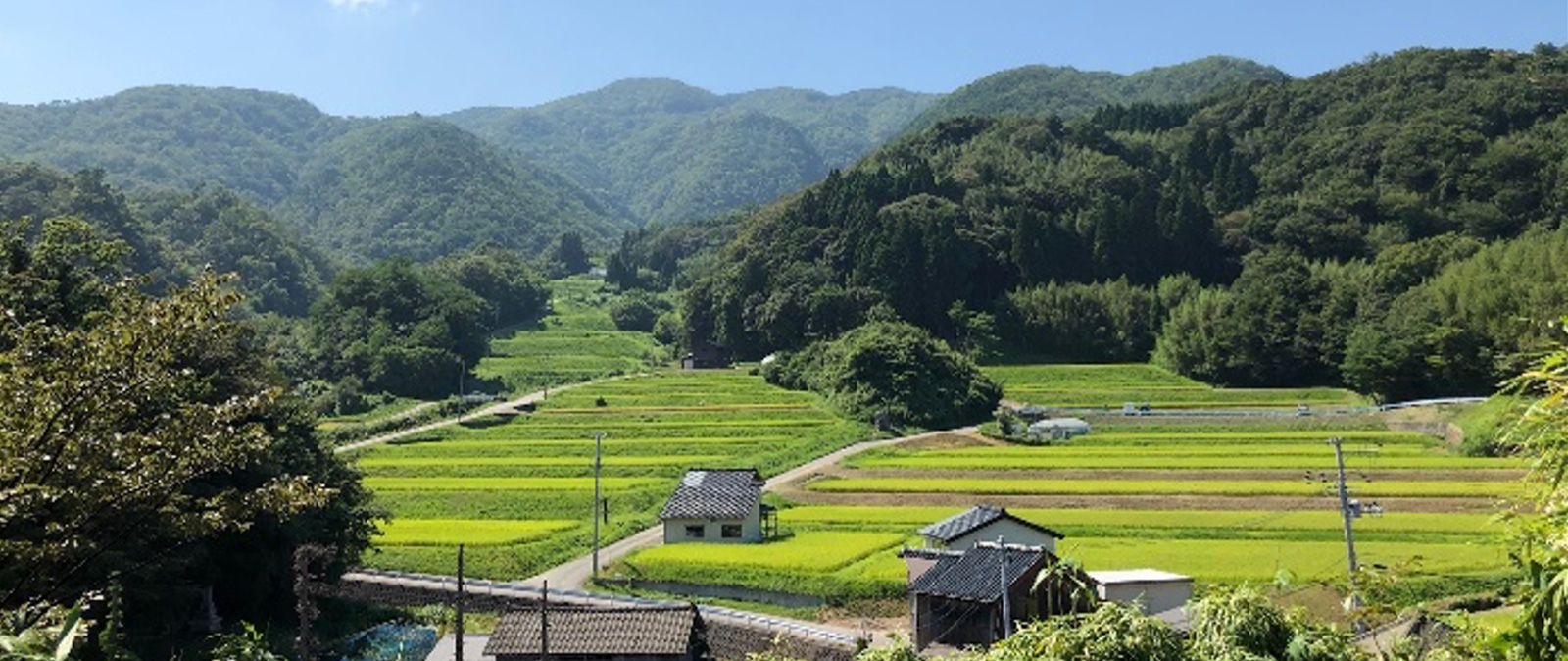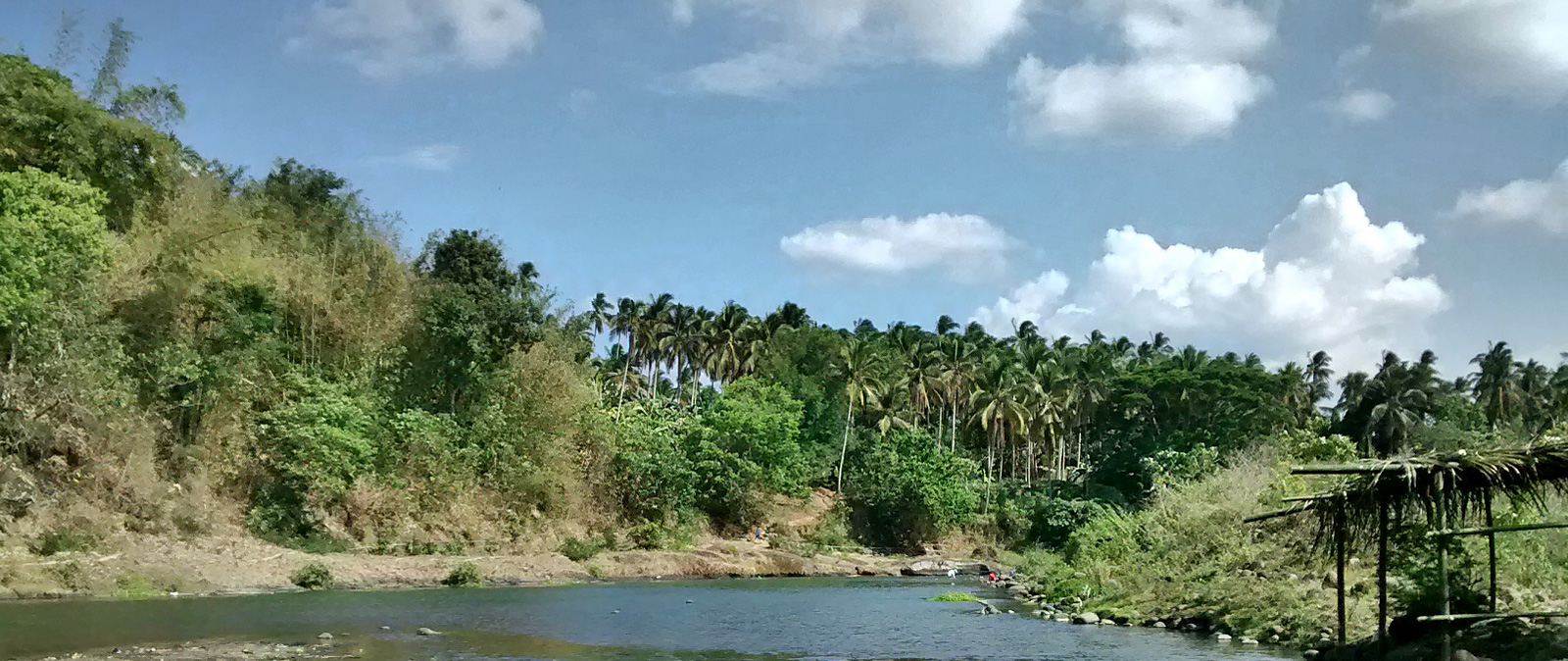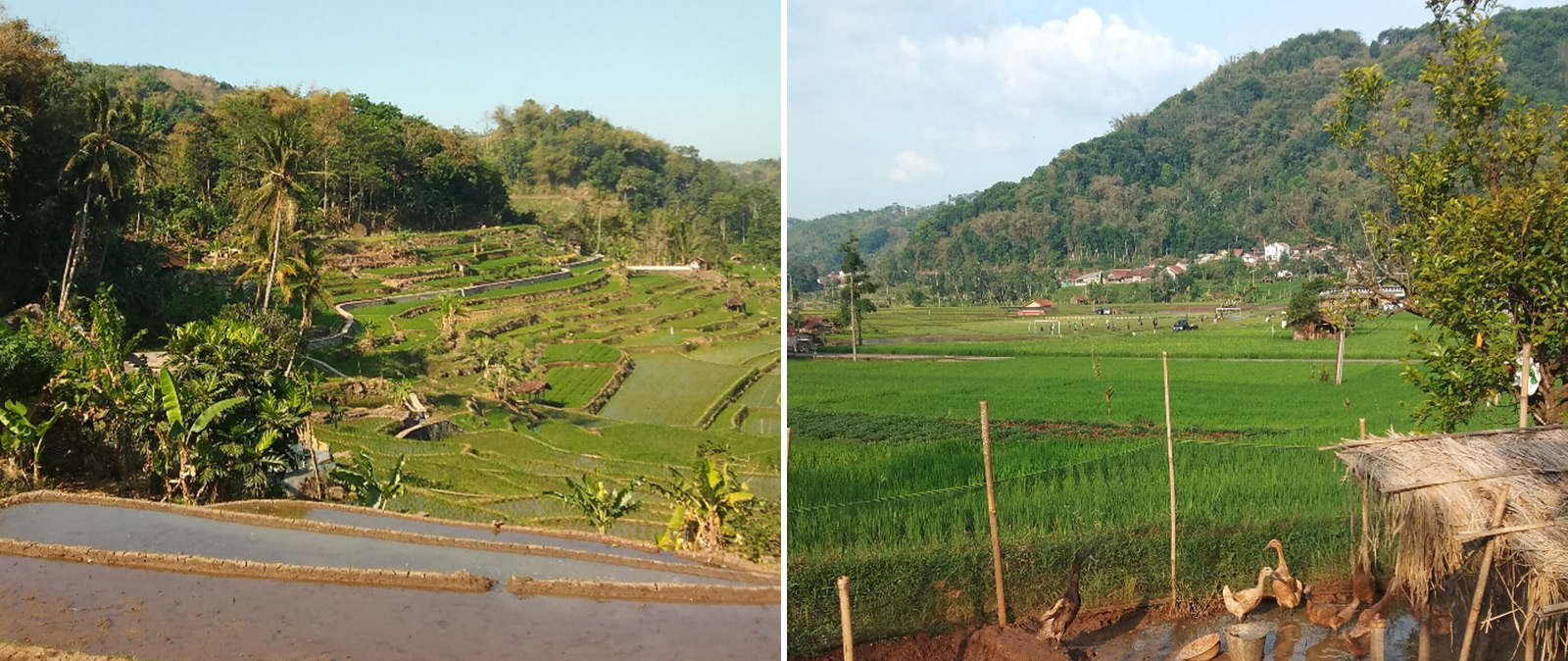Background
The Global Assessment of the International Science-Policy Platform on Biodiversity and Ecosystem Services (IPBES) highlights the fact that nature-based solutions and built infrastructure can contribute to climate change adaptation and mitigation efforts (IPBES, 2019). The Intergovernmental Panel on Climate Change (IPCC) (2014) and IPBES (2019) both recognize that indigenous and local knowledge (ILK) systems and practices can contribute to climate change adaptation and the sustainable management of biodiversity and ecosystem services. ILK systems have, however, so far not been used consistently in either climate change adaptation or biodiversity conservation efforts.
The ITMoB project, a 3-year cooperative research project, aims to fill in this gap through exploring scenarios/pathways for a sustainable and resilient future under climate and ecosystem changes. The project will assess various ecosystem services provided by the bioproduction systems under multiple future scenarios by focusing on integration of traditional and modern bioproduction systems such as homegardens, agroforestry, plantation, aquaculture, and urban agriculture in Japan, the Philippines, and Indonesia.
ITMoB's vision is to determine which combinations of modern bioproduction systems and traditional bioproduction systems are most likely to lead to a sustainable and resilient future.
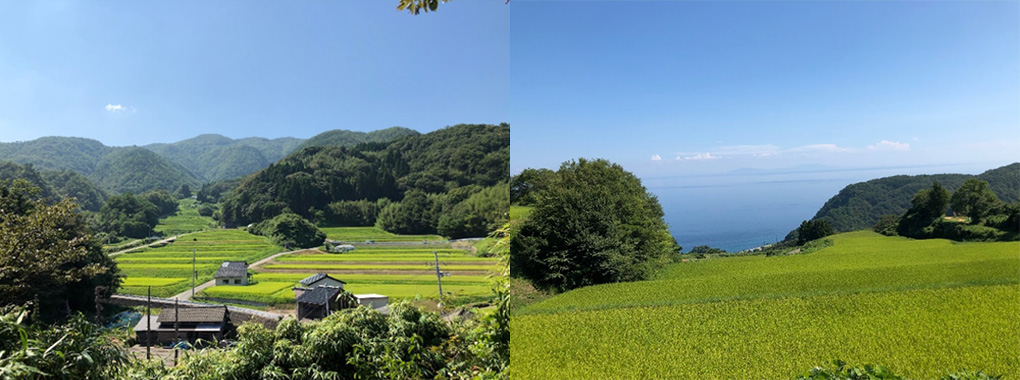
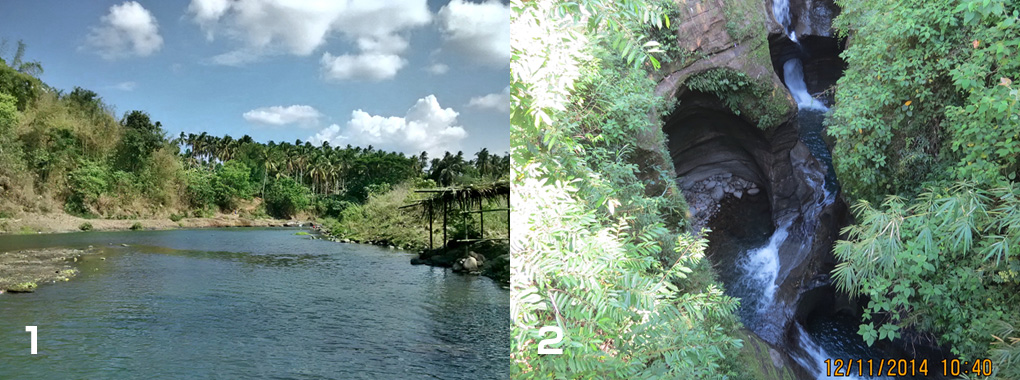
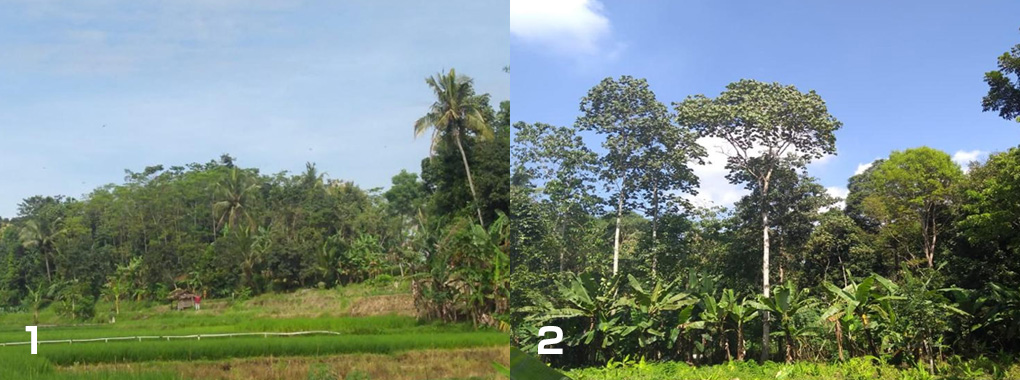
Project Summary
ITMoB has been approved by the East Asia Joint Research Program (e-ASIA JRP). e-Asia is a multilateral international joint initiative between several public funding organizations of the East Asia Summit (EAS) member countries. e-ASIA JR works to formulate and support international joint research in the East Asian region on a multilateral basis for promoting researcher community exchange through workshops and other activities. The e-ASIA JRP aims to strengthen scientific and technological research and development capabilities towards resolving shared challenges across the East Asia region. These include challenges associated with materials, alternative energy, agriculture, health research, disaster risk reduction and management, advanced interdisciplinary research towards innovation, and environment.
As part of that objective, the e-ASIA JRP is intended to support collaborative research among three or more of its member countries. Through joint research among participating countries in agreed fields, it is the goal of the e-ASIA JRP to contribute to economic and human resource development, and to the resolution of various challenges in the region. The research projects are selected through open calls for proposals and subsequently supported by “Co-funding”. In response to the 9th Call for Proposals in the field of “Climate Change” on the topic of “Climate Change Impact on Natural and Human Systems”, ITMoB is among the selected four projects from total 33 proposal.
